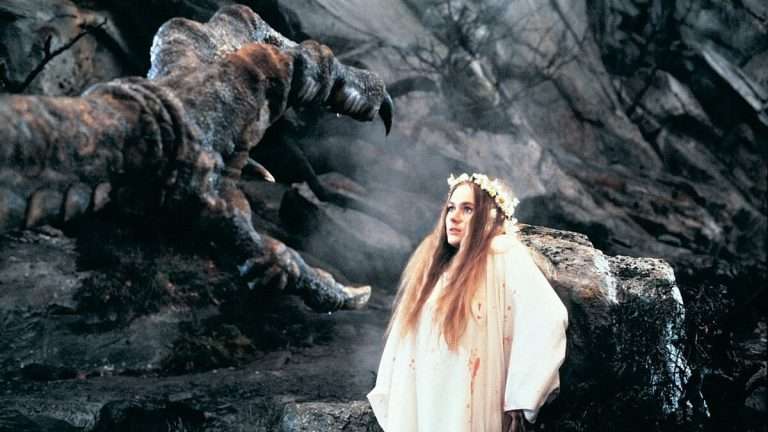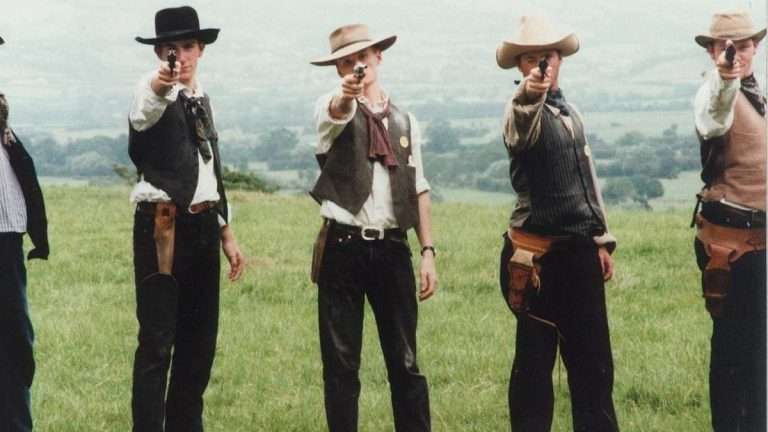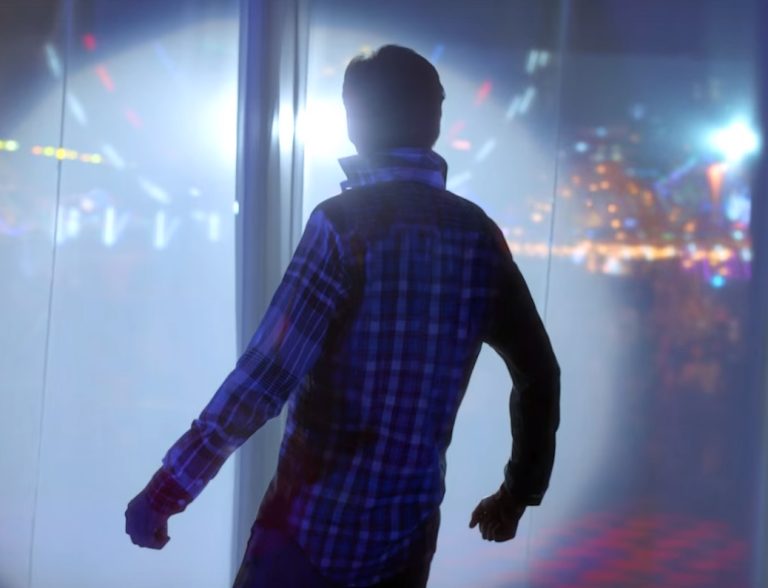“It’s only after you’ve lost everything that you’re free to do anything.”
The latest film from the Bhutanese Buddhist lama and filmmaker, Dzongzar KhyentseRinpoche, Hema Hema: Sing Me a Song While I Wait, elaborately prophesies the above quote in a spiritual manner. Hema Hema: Sing Me a Song While I Wait deals with the idea of losing one’s identity (DEATH) – past, fame, respect – and diving into the realm of anonymity (REBIRTH). An elderly figure, who possibly represents the pinnacle of spiritual elevation, says, “Anonymity is intoxicating.” He goes on strengthens the idea of losing one’s identity by saying that- “Anonymity is power. If you give away your identity, you give a way to power.”

The film talks about we as a people, are constantly bucketing along to make our identity unique; donning ‘masks’ when required to make it possible in a world besieged by modern technology. Our virtual social presence matters the most. We have let these technologies define our life. We fear anonymity so much that our real self is lost while doing so. We intentionally or unintentionally compromise on our own passion, moral values, dignity, and character to achieve it. Hema Hema that literally translates to ‘Once upon a time’ makes a mockery of ‘creating self-identity’ facade using a spiritual philosophy of Buddhism.
‘Self-discovery’ by slaying the ‘earned’ identity lies at the heart of this spiritual elevating film. It organically tries to establish a solid ground between an intermediary state of death and rebirth. A man credited ‘Expressionless’ arrives at the exotic location of commune like a secret forest to take part in a cult where, every 12 years, people surrender themselves from the no moon – signifying the death- till the full moon -rebirth – under the guidance of the elderly Agay (ThinleyDorji). Expressionless takes off his clothes, dons a mask, plays a flute. Masked members of cult escort him to the ceremony. “You are here to prepare for the gap between death and birth,” the elder explains. “You are here to find out who you really are.”
The ceremonies include invented mystical rituals, dances, and lengthy performances flaunting tribal music around the corpse of the deceased. It involves the transition of participants from shedding their past, cleansing themselves of sinful identity, and transforming – or taking rebirth – to the clean slate. The Buddhist lama Khyentse imbues rare staggering wisdom that is often amusing and wildly strange to our own idea of identity. Though, the film may sound quite artsy and dry. Surprisingly, it has enough drama, pleasures of spectacle, an excellent character arc, and a mystery angle too to keep passive cinemagoers engaged, provided they go open-mind.
Now, such freedom comes at the cost of mistaken identity, human frailty, and guilt. Participants have collectively hidden their identity. They are on the path of redefining their human characteristics and molding the emotional arc to let go worldly pleasure. What if someone unexpectedly lapses into base human feelings that lead to a breakdown of their promised dedication & devotion? How can they carry the burden of guilt for the rest of their lives?
As it draws to its climax, Hema Hema lays out simple insights into the human nature and its inherent paradox on how we perceive the world and how we are actually engulfed by the endless distractions around us. The exotic location of Bhutan and existential rebirth’s philosophy of Buddhism coupled with opaque narrative makes this film sentinel,grim and thought provoking. A true blue Zen film, if ever there was one.








